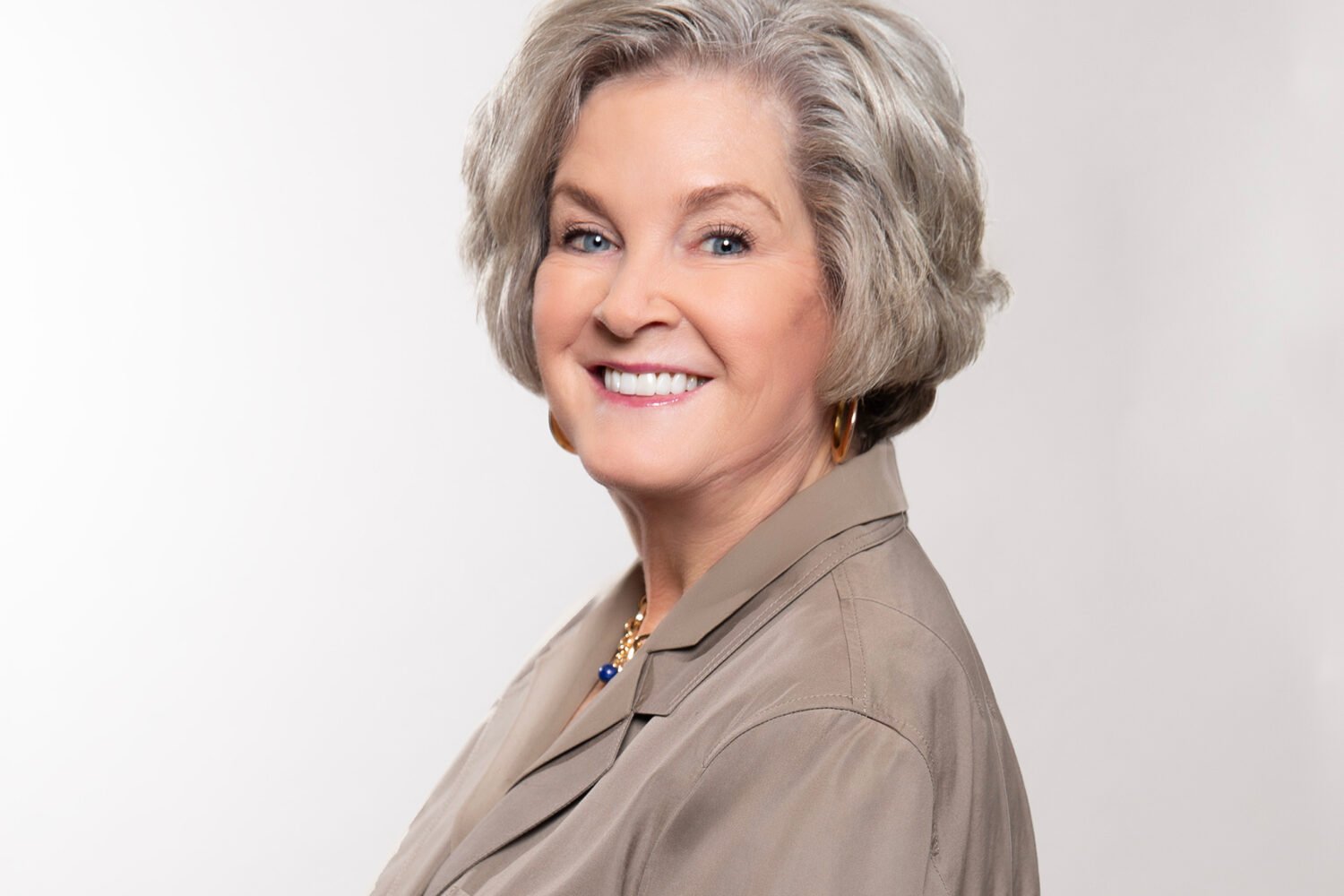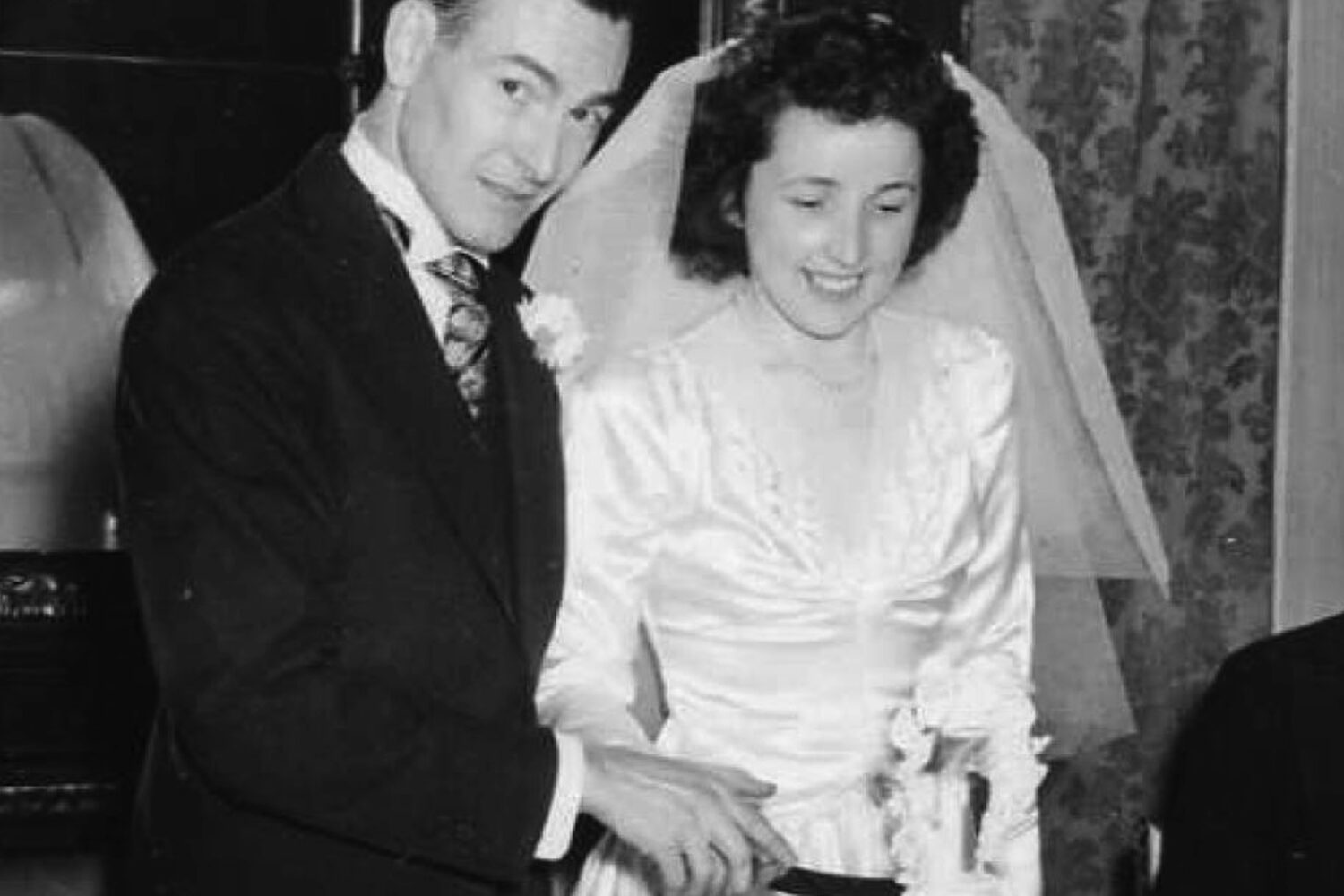Thirty-five years ago, Georgetown University linguistics professor Deborah Tannen stepped into the public consciousness with her groundbreaking 1990 book, You Just Don’t Understand. This runaway bestseller dissected the linguistic differences between men and women. As she framed it there, “If women speak and hear a language of communication and intimacy, while men speak and hear a language of status and independence, then communication between men and women can be like a cross-cultural communication . . . .” Recently, the longtime Washingtonian told us about how her infatuation with language shaped her.
“I’m a New Yorker, and New Yorkers talk to everybody. So if you’re sitting next to somebody, you talk to them. You’re in an elevator, you talk to the person who’s there. As a child, I learned to talk to everybody and to find it all interesting.
“Sometimes I think about this: If I was on an airplane when I was younger, I’d always talk to the person next to me, and I really had some of the most fascinating conversations—personal stuff. I don’t do it anymore. Sometimes I wonder why. Is it because I got older? Is it because the culture has changed, that people are more suspicious of each other? I don’t know.
“I was always a literary type. My BA and MA were in English literature; I was on the board of the literary magazine in high school and the editor of the literary magazine in college. You might say, ‘With this literary bent, how did you end up being an academic?’ Well, I realized that I could study conversation in the same way that I’d previously studied literature—that is, looking at the details of language and trying to see patterns in them. So when I was 29, I began grad school in linguistics.
“I always had an inclination to be observing at the same time that I was talking to people. And I think that’s from being a writer. It’s what novelists do. I sometimes trace it to my father. He was very attuned to ways of speaking, and he was very oriented to language and writing. When people left [the house], he’d say, ‘Oh, she said this and was probably thinking that.’ And a sociolinguist [like me] studies how people use language in their everyday life. They transcribe conversation and then analyze the transcripts. So I guess linguistics put together my interest in people with my interest in language.
“I think it sounds ridiculous, but I always enjoy talking to people about anything. What I don’t like is when people are contrary—when you say it’s raining and they say, no, it’s pouring. And I don’t like when people hear that I’m a linguist and begin to give me a lecture. It’s not unusual, when talking to guys, that when they hear what I do, they want to lecture me about it.”
This article appears in the August 2025 issue of Washingtonian.


















